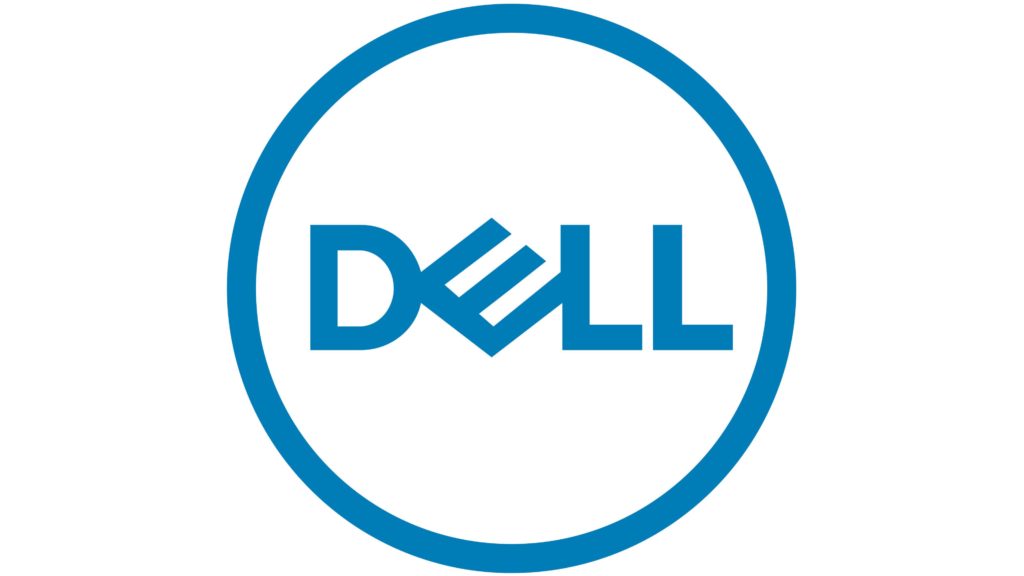Wolley was speaking at the Dell Technologies Forum for South Africa held virtually on Wednesday called for organisations to transform digitally to survive in the current times.
Dell Technologies chief executive and Chairman Michael Dell said that every aspect of lives had been turned upside down with a heart-breaking story of lost lives and shattered businesses. “There is another inspirational story about the resilience of our global economy and how we are pushing together. We are so proud to be your partner in this most critical work, because one thing is clear, technology has never been more central than it is right now,” said Dell
Dell said that organisations that were accelerating their digital transformation would be poised for success. He added that at Dell Technologies, they were focused on the opportunity they had of building the central infrastructure for the data era and to a trusted partner in accelerating digital transformation with solutions that were automated and intelligent.
Dell Technologies global president and chief technology officer John Roese said that the year 2020 had presented the world with a learning curve unlike any other as well as new perspectives. “What I have seen around our own teams, customers and communities is incredible resilience and our ability to overcome and improvise especially in accelerating the unplanned massive shift that will change how we work, learn, work and even how we learn,” said Roese.
He added that removing the time it took to travel has made them more productive and they would never return to the way things were before. “60 percent of our workforce at Dell Technologies will stay remotely on a hybrid schedule where they come in the office at most for one or two days in a week. We are not alone as recent data has shown that working from home was likely to increase by 20 points across all sizes of companies and sectors.”
Dell Technologies said that as of today, 50 percent of K-12 students across the globe apparently affected by Covid-19 school closures were engaging in distance learning. He said that with 3 000 institutions monitored in high red, 44 percent were fully online, 20 percent were in person and 21 percent on hybrid right now.
The chief technology officer said that on the retail side $200 billion was spent online with various retailers in the second quarter, which was a 40 percent increase year-on-year. “Our consumer online business was up 79 percent on orders in a fiscal Q2. $1 in every 5 came from orders placed on the web between April to June. These are big changes and technology is front and centre. The accelerated pace of digital transformation is all around us,” said Roese.
According to the 2020 Dell Technologies Transformation Index, businesses 8 in 10 businesses had fast tracked some digital programmes this year. 96 percent of digital leaders said the ability to collect, analyse and act on data had made it easier for them to adapt and survive.
“A year ago we talked about The Road To 2030 and coined the term the next data decade, well 2030 is now 2025 and 2025 is now 2023. The 4IR arrived ahead of schedule. Over the next 3 years we will see widespread connectivity with 5G data driver insight, autonomous machines, automated machine embedded intelligence, smart factories, smart cities, smart hospitals and smart schools. These outcomes are all happening at the edge and becoming the centre of gravity of digital transformation across all sectors,” said Roese
“For the next four years there will be a 800 percent increase in apps on the edge. We estimate that 75 percent of the world data will be produced or consumed somewhere other than a public or private club data centre.”
According to Dell Technologies, On a global scale 52 percent of the global GDP would be digital by 2023. Roese said this was a lot of data moving around at high speed fueling innovation and insights but further away from traditional data centre and edge environments. He said this is the ultimate, desegregation of data creating demand for data hyper cloud architectures that enabled full data visibility and management across the many edges across all industries.
The tech firm said that it saw six areas of IT that enabled the world to be a more connected,automated data intensive industry in the future. These were hybrid cloud, EDGE, 5G, AI and machine learning, data management and security.
Dell Technologies said that these would impact various sectors of the society which included education, health-care and the movement of goods and services amongst others.
Roese said that while schools were using video technology to connect students and teachers, in future they could use infrastructure connected in mixed reality with 5G. Remote students could have remote students doing physical work, benefitting from real-time translation and visually minded students using AI goggles to enhance their learning. Barriers of entry to students with some disabilities could also be eliminated.
He said that the health-care sector would also be impacted in scales never seen before as it currently used telemedicine but would in future see patients having access to combined capabilities at a global scale. These would comprise the use of technology to detect heart failures earlier and save valuable times for treatment.
